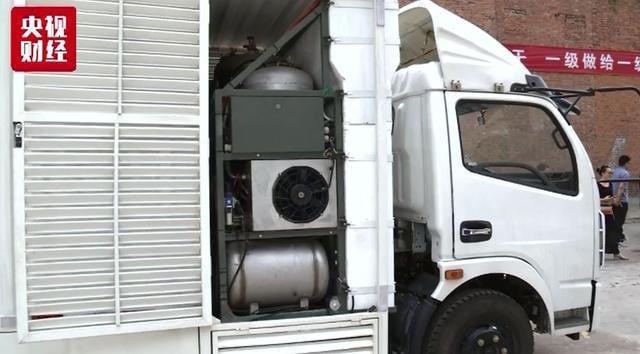
China’s water-fueled car is too good to be true
China’s first hydrogen car is a tale of exaggeration
What if I told you that we could get emission-free, clean-energy cars using one of the most abundant substances in the world? In China, one company claims to have produced just that: The first water-fueled car.
Youngman Automobile and its president Pang Qingnian told local media last week that their vehicles can turn water into hydrogen in real time, generating energy the car can use to run. The company based in Nanyang, Henan province held an event inviting media and local government officials who praised the company’s achievements.
The news created great excitement on social media, but the publicity stunt didn’t go as planned. That’s because the underlying science wasn’t exactly sound.
Soon after initial reports, experts pointed out that fueling cars by water would be very hard to achieve.

Youngman also received a fair amount of investment from the local government and a purchase agreement for hydrogen-fueled vehicles.
Facing criticism, Pang told media last Friday that water-fueled cars is not what he meant.

“We actually produced the car and it is running,” Pang told Xinhua news last week. “We want to launch on the market next year.”
Hubei University of Technology, which is cooperating on the project, said that the technology was misinterpreted. Instead, Youngman is working on a technology that already exists.
Unlike water-fueled cars, hydrogen fuel cell vehicles have been around for some time, including consumer cars from Toyota, Honda and Hyundai. These, however, do not get their hydrogen purely from water. They also use other chemicals, including methane and natural gas.
Although hydrogen-powered cars have been gaining ground during the past five years, high prices and limited hydrogen fueling stations mean you probably won’t be buying one soon.
For more insights into China tech, sign up for our tech newsletters, subscribe to our Inside China Tech podcast, and download the comprehensive 2019 China Internet Report. Also roam China Tech City, an award-winning interactive digital map at our sister site Abacus.

